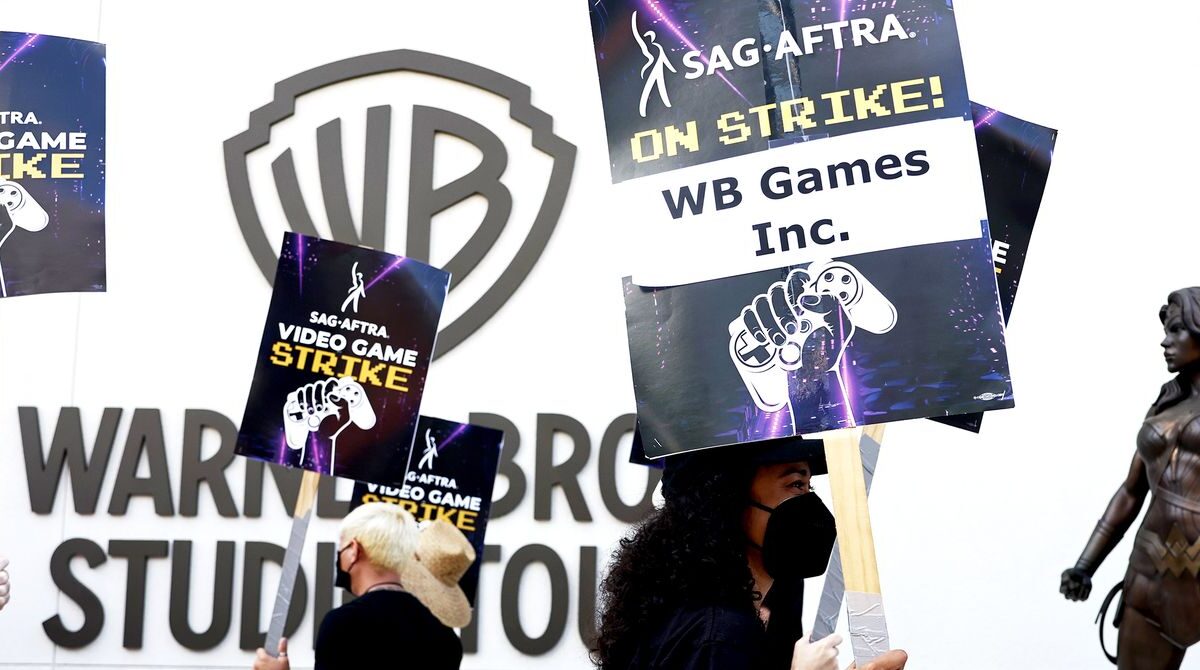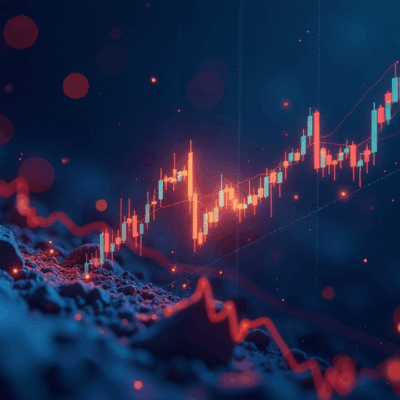On Wednesday, members of the Screen Actors Guild–American Federation of Television and Radio Artists, or SAG-AFTRA, voted to ratify a new contract for video game performers, officially bringing an end to a nearly yearlong strike. A majority, 95 percent of members, voted in favor of the contract, which guarantees annual raises for three years, increased compensation, and guardrails designed to prevent game companies from giving their work to AI.
Actors in the video game industry had been on strike for 11 months as part of a fight to secure protections against AI, a sticking point that held up negotiations for most of that time. Every other issue in the contract, including compensation and working conditions, was already resolved months ago, says SAG-AFTRA’s national executive director and chief negotiator Duncan Crabtree-Ireland. The strike was temporarily suspended in June, pending contract ratification.
According to Sarah Elmaleh, a voice actor who also serves as a SAG-AFTRA committee chair, actors in the games industry have been wearily eyeing AI for years—even before tools like ChatGPT exploded in use. “We knew that this was the issue of most existential importance,” Elmaleh says. “This is a medium that is fundamentally digitized.”
Performers’ work is crucial to game creation. Actors voice characters, help make those characters look more natural by doing motion capture, and even allow companies to use their likenesses. And though AI is impacting industries across the board, including animation, tech, education, and others, the video game industry has begun to feel those effects acutely.
As part of the contract, consent and disclosure agreements are now required when any video game maker wants to use a performer’s voice or likeness to make an AI-driven digital replica. Should performers go on strike, they are also allowed to suspend their approval for companies to generate any new material with AI.
AI is already starting to replace flesh-and-blood actors, even in high-profile cases. In May, Fortnite introduced a generative AI version of Star Wars’ Darth Vader. (Players disastrously had him saying swears and slurs in only a few hours. Fortnite maker Epic Games pushed a hotfix soon thereafter.) A few days later, SAG-AFTRA filed an unfair labor practice charge with the National Labor Relations Board against Epic subsidiary Llama Productions. In a statement posted to SAG-AFTRA’s website, the organization said replacing a human worker with AI was done “without providing any notice of their intent to do this and without bargaining with us over appropriate terms.”
Darth Vader actor James Earl Jones gave permission to have his voice digitally recreated with AI before his death in 2024. Crabtree-Ireland would not comment on specific performers or contracts. However, he says that protections need to be applied consistently and with a “reasonably specific” description of how their image or voice will be used. “These provisions ensure that a deceased artist’s image, voice, and performance are treated with the same respect as a living artist’s,” Crabtree-Ireland says.





